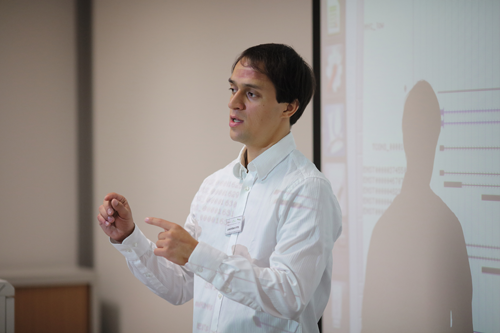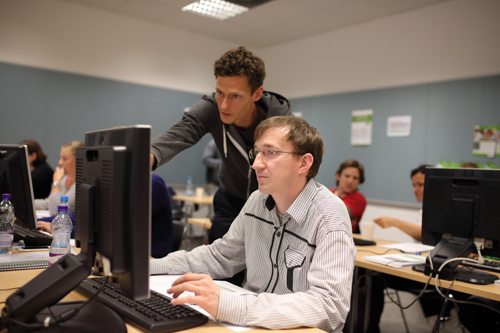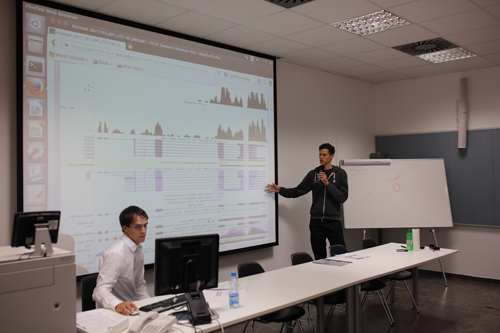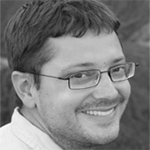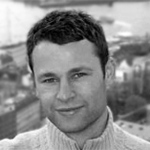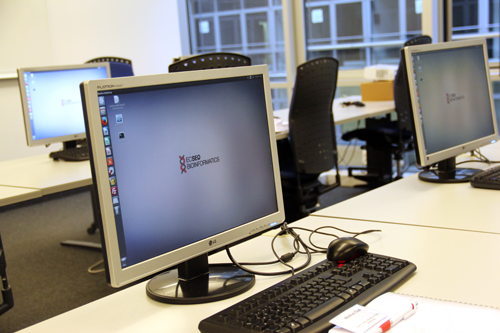A Beginner's Guide to RNA-Seq Data Analysis Course
Quality Control, Read Mapping, Visualization and Downstream Analyses

You missed this course!
Please check out our upcoming workshops:
Upcoming NGS courses
Receive updates about NGS articles and trainings
Advance your research. Understand NGS analysis issues and solve them yourself.
In a nutshell
- Learn the essential computing skills for NGS bioinformatics
- Understand NGS analysis algorithms (e.g. read alignment) and data formats
- Use bioinformatics tools for handling RNA-Seq data
- Compare different approaches for differential expression analysis
